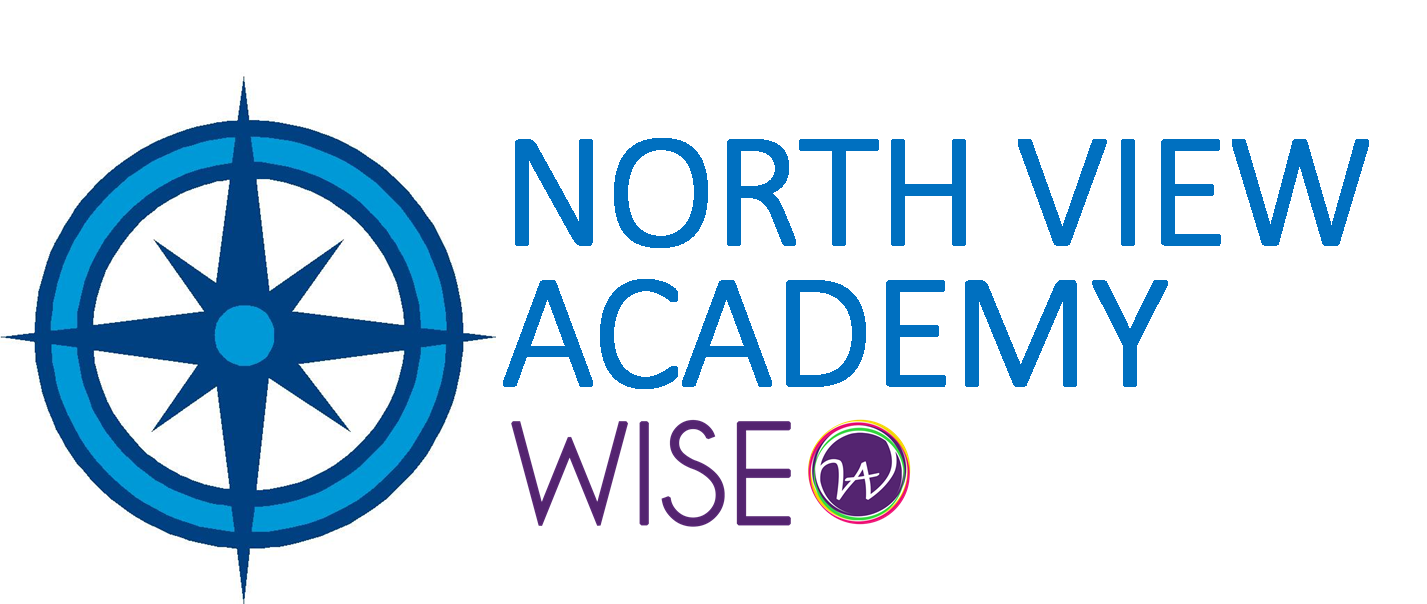Our Vision:
"To create a purposeful educational environment where children of all abilities can learn and thrive"

Inappropriate Websites
The Internet is open to anyone to post and create content so sometimes your child may see things they wish they hadn’t, or access sites that are inappropriate for their age.
Inappropriate can mean different things to different people, from swear words to pornographic images or videos, and what is inappropriate for your child will also change as they grow and develop.
There are a range of things online that might upset children and affect what should be a healthy online experience. It’s important to remember that inappropriate content online includes pornographic content, but could also include other content such as race hate, pro eating disorders or gambling sites.
If your child is using the internet, you should discuss the type of things they might see no matter what age they are.
Reducing the risks
The internet is not centrally moderated, but as a parent you can set controls on your child’s internet access in the home.
Parental controls packages can enable you to block access to adult websites, such as pornographic and gambling sites.
Setting age appropriate controls on the sites they use and your network can help reduce the risk, but remember no filter is 100% accurate. Contact the provider of your internet package, such as Sky, BT or Talk Talk, the majority of service providers now offer free parental control packages. Make sure you do the same on your child’s phone and all internet enabled devices.
Setting age appropriate controls is important but ensures that you also have an ongoing conversation with your child about content online. Ask them to tell you if you if they see anything that makes them feel uncomfortable or upset, so you can help and support them.
Online pornography
Children may stumble across content online or actively search for sexual content which isn’t appropriate for their age. It is natural for children to push boundaries and explore, however, it can be risky. Online it is easy to quickly access a wide variety of pornographic content including hardcore and extreme images and videos.
As the researcher Martin Flood noted, ‘pornography is a poor, and indeed dangerous, sex educator’. Pornography rarely presents sex in the context of a loving relationship and there is concern that early exposure to hardcore pornography could give young people unhealthy views about the opposite sex and what they can expect from them.
Though it may be difficult, it is important to talk to children and young people about pornography and how it can provide an unrealistic portrayal of sex and relationships.